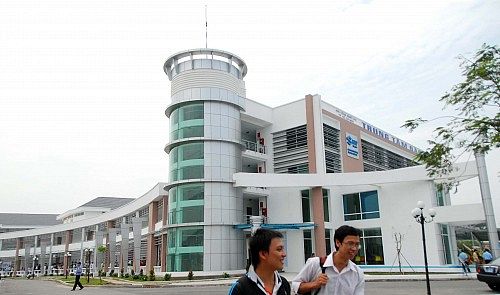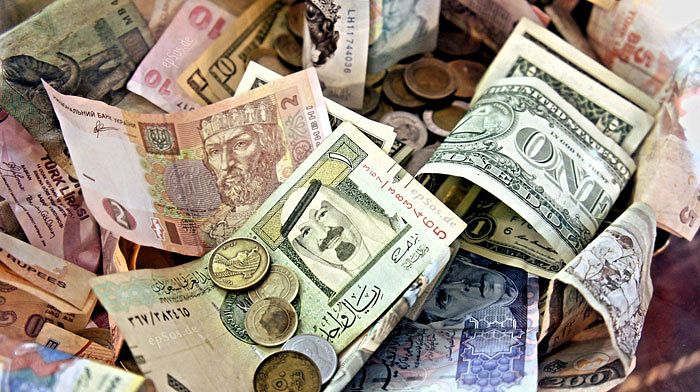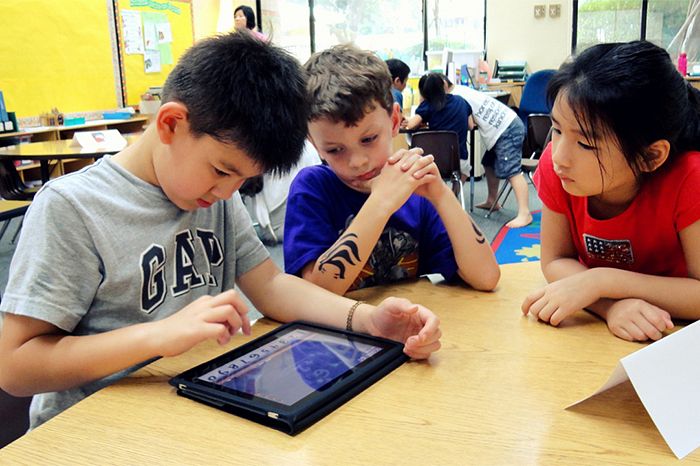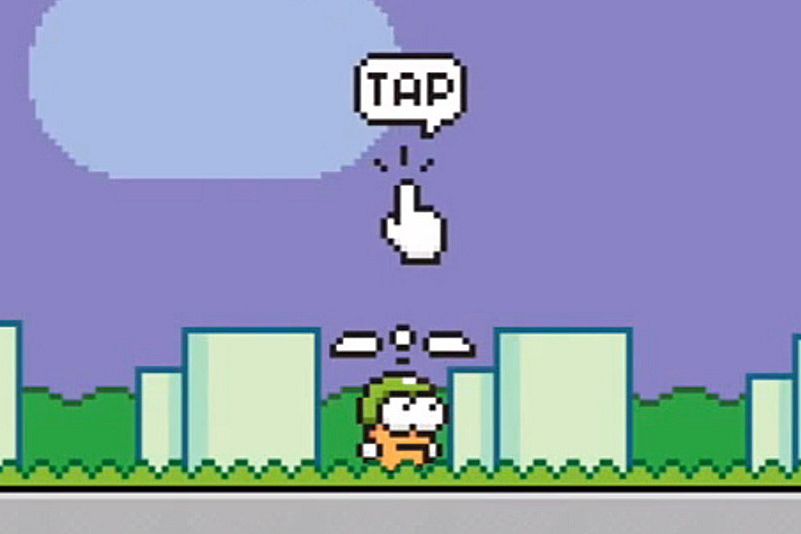Schools in HCMC yet again face scandal, allegations of corruption and incompetence, and uncertainty about how best to use technology in the classroom, according to Thanh Nien.
Last year an extensive campaign to introduce electronic whiteboards in schools throughout the city called on parents to help meet the costs. The government agreed to pay half the estimated total, approximately VND90 billion or $4.25 million, but asked that parents pay the rest.
Although there was protest, many parents contributed in the belief that their children would benefit from this technology in the classroom. However, a recent survey by Thanh Nien revealed that hundreds of schools have been charged between 2.2 and 3.6 times the market price for their boards and, not surprisingly, parents aren’t happy.
As a result of this initiative, HCMC’s Department of Education and Training has equipped schools in the city with around 1000 interactive whiteboards at a cost of over $8.5 million. The boards have been supplied by a Ha Noi based company, Advanced International Company (AIC), which was awarded the contract.
Had the Department used another supplier they could have purchased over 3000 boards for the same cost. If they had simply updated current equipment this figure could have risen to over 6000 boards in schools throughout the city. Money well spent? No wonder parents are up in arms.
As well as providing the white boards, Hoang Thi Thuy Nga, CEO of the AIC, also promised to cover the cost of transportation, installation and training for teachers who would be using them. This has not happened either and many schools have been forced to cover the cost themselves with many teachers remaining untrained.
When interviewed, leaders of Collette junior high school told the newspaper that the company delivered the boards without providing any training, despite teachers' requests for it. The school finally hired a trainer who was busy teaching two teachers from another high school how to use the boards.
In an interview at the start of the school year, Le Hoai Nam, deputy director of the city's education department, explained that the department would open a course to train teachers how to use the new boards correctly and help familiarize them with the modern technologies.
However, the majority of schools where boards have been installed have yet to receive training for their use or have found their training to be insufficient and inconvenient. Not surprisingly, many teachers have complained about their lack of training and insist they haven’t been given time to learn about their proper use.
The survey also exposed that many students have yet to experience the new boards in their classes. “During nearly 9 months of this school year, my students have only used the interactive board a few times, most of the digital boards are used as projector screens,” said a kindergarten teacher in District 5.
Parents who contributed half of the cost of these boards are furious that their children are now not getting the expected benefit from them. “I paid VND10,000 per month, or VND90,000 a school year ($4.25). But my kid’s teacher said that they only used the interactive boards three times,” said a mother whose child studies at another preschool in District 5.
One principal of a primary school also in District 5 said that the boards are mostly used for specialist English language programs and other subjects seldom have access to them. “Even when they are used, most of the time it’s for projecting Power Point files” he said, “…it’s a waste of money”.
To compound the problem, many educators remain against the introduction of white boards in the classroom. Vu Hai Quan, vice rector of the HCMC University of Science, said he is against the idea using interactive whiteboards in pre-schools or elementary schools because black boards are sufficient.
“Experiencing in a safe environment, the love of their teachers and the fun of studying and playing is the most important thing for young children, not a bunch of digital tools that neither teachers nor pupils are prepared to use.”
Whether these boards have a place in Vietnamese classrooms or not, asking parents to foot the bill and then wildly overcharging them is not the best way forward.
[Thanh Nien // Image via Queen's University]














